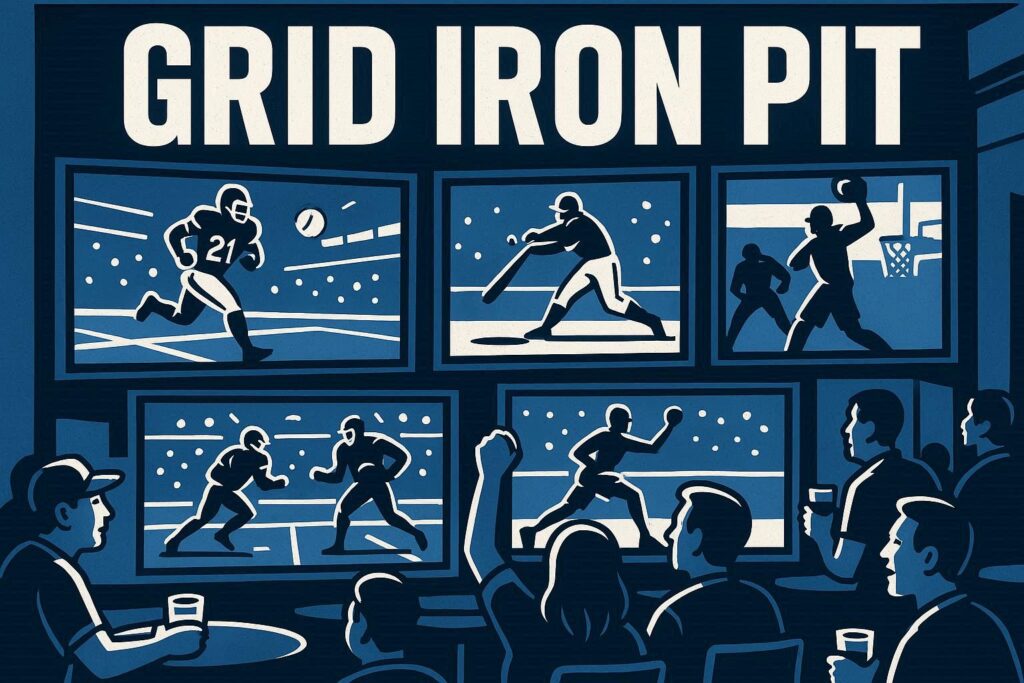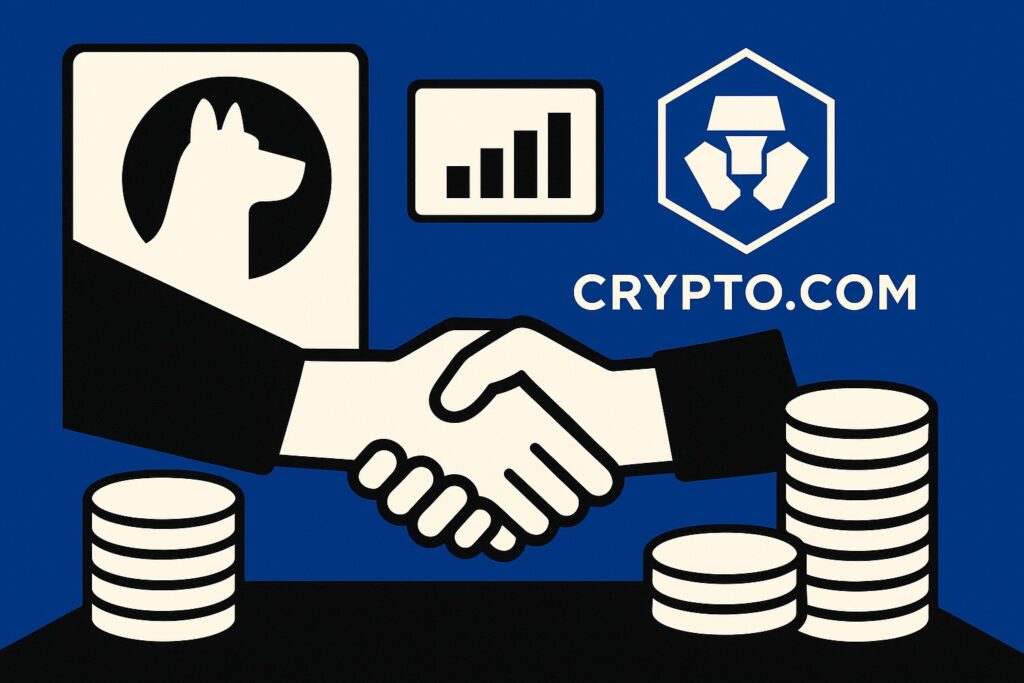The head of the powerful Indian Gaming Association says it’s crucial for tribal nations to guard sovereign rights granted to them under prior agreements in light of perceived attacks from the Trump administration.
Appearing on the “The New Normal” podcast earlier this month, Indian Gaming Association (IGA) Chairman Ernest Stevens, Jr. warned that recent policies by the current administration in Washington, D.C. are designed to allow commercial and financial enterprises to encroach on the exclusive rights afforded tribes across the United States.
Earlier this year, Trump’s Commodity Futures Trading Commission (CFTC) issued an opinion that prediction markets can operate in states under a provision of federal law regarding financial markets. Trump’s controversial CFTC chairman, Brian Quintenz, a former crypto financier and the head of a company that has a pending dispute with the CFTC, was confirmed for that position last month.
‘Sovereign rights are not bargaining chips’
With Quintenz in place in D.C., tribal nations are coordinating resistance to prediction markets, which are operated by commercial companies in a handful of states. A prediction market allows consumers to buy “contracts” that hedge against the outcome or future performance of events, such as the result of a sporting event, reality TV show, or even the weather.
Critics of prediction markets say that the product is nothing more than thinly veiled gambling. In the case of prediction markets on athletic competitions (aka “sports contracts”), regulated online sportsbooks are lined up against the practice. Tribal nations oppose them because they claim prediction markets encroach on exclusive gaming rights granted to them.
In February, as many as 10 tribal nations and tribal gaming advocacy groups contacted the CFTC with concerns about prediction markets and sports event contracts or what is also known as “sports futures trading.” The groups included the IGA, the Tribal Alliance of Sovereign Indian Nations, the Arizona Indian Gaming Association, and the California Nations Indian Gaming Association.
“Federal law [shows] that sports contracts are prohibited from being offered on the market,” Stevens said on his podcast appearance on July 23. “Trading sports contracts is gaming.
“Sovereign rights are not bargaining chips. The CFTC [has a] responsibility to remove prediction markets anywhere it infringes on tribal agreements.”
‘The government should draw a line’
In California, tribal nations are being proactive: Earlier this month, a group of tribal leaders filed a lawsuit to get prediction markets out of that state. California is one of the few states that does not have legal online sportsbooks or casinos. Instead, it only has retail gambling at tribal casinos (and modified table games at cardrooms).
Stevens also argued that the federal government is shirking its responsibility in regulating gaming.
“The government should draw a line to establish [which] gaming products are under federal regulatory oversight and [which are] under the states,” Stevens said.
Since 2018, when the U.S. Supreme Court made a landmark ruling that cleared the way for widespread legal gaming, more than 35 states have legalized sports betting in some form. A handful of states also offer regulated online casinos. Many states are also dealing with the rise of social casinos and sweepstakes casinos, which operate in the gray area of the law, and are not regulated.
This rapid expansion of gaming is causing tribal nations to defend gaming rights given to them, in many cases decades ago.




